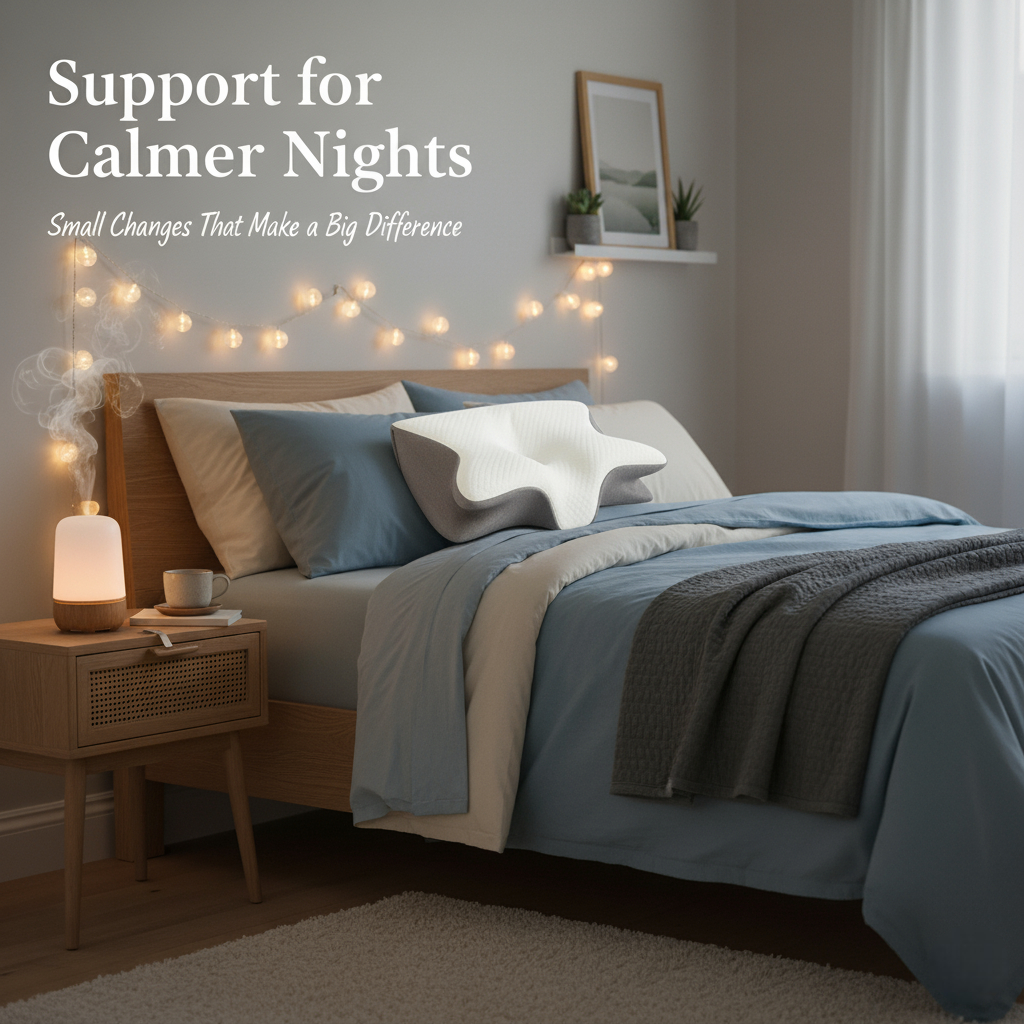Breathing through the nose might not seem like a big deal, until you realise how much it affects your sleep quality.
The Nose is Built for Night-time Breathing
The nose warms, filters, and humidifies air before it reaches the lungs.
The mouth… doesn’t do any of that.
When we switch to mouth breathing during sleep, we often experience:
• Dry mouth and sore throat
• Louder snoring
• Interrupted breathing
• More restless nights
Nasal Breathing Helps You Sleep Deeper
When airways stay open and calm, the brain gets more oxygen.
That means:
• Fewer wake-ups
• Better REM cycles
• More refreshed mornings
Quieter Nights
Mouth breathing can cause soft tissues at the back of the throat to vibrate, that’s snoring.
Keeping the mouth closed encourages natural nasal breathing, which can help reduce disruptive noise.
What Makes Nose Breathing Difficult?
• Congestion
• Allergies
• Poor sleeping position
• Habit
Supporting airflow and alignment makes a big difference, even gradually.
Summary
Helping your body breathe through your nose while sleeping creates a calmer night, quieter environment, and better recovery.




Leave a comment
This site is protected by hCaptcha and the hCaptcha Privacy Policy and Terms of Service apply.